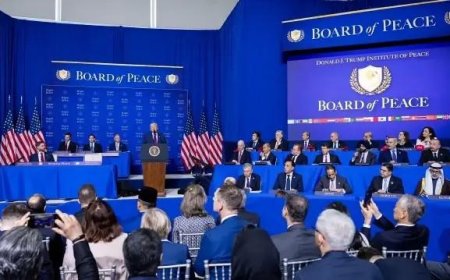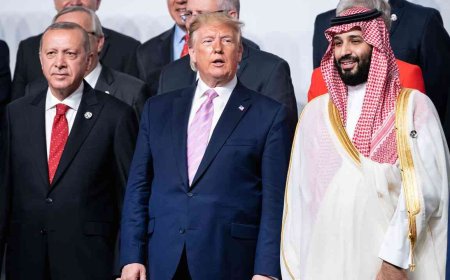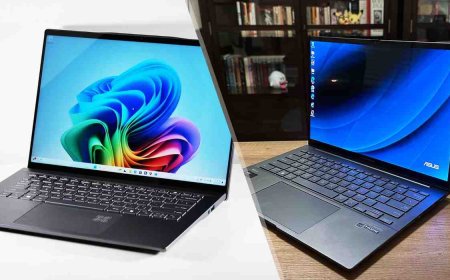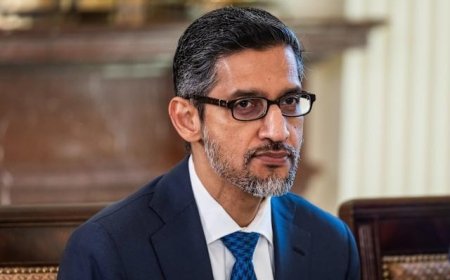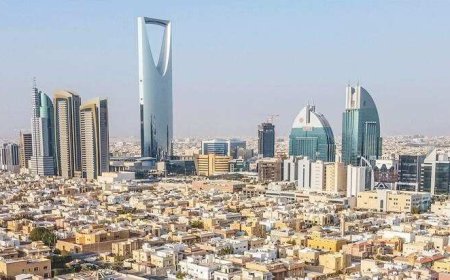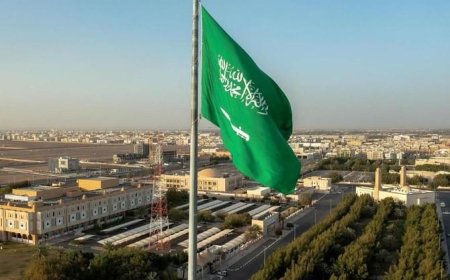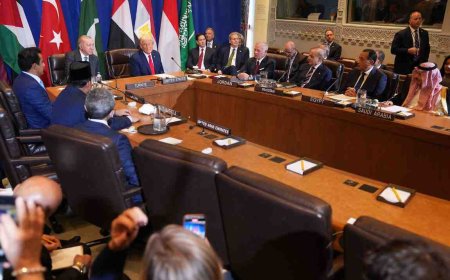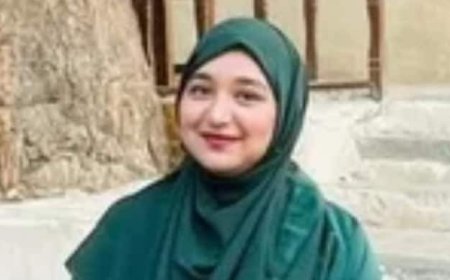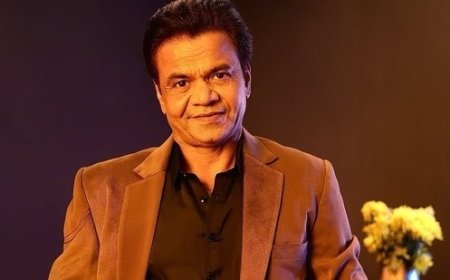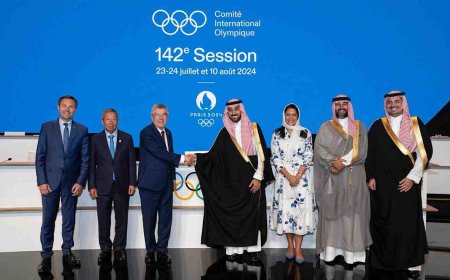Trump Secures $142 Billion Arms Deal in Riyadh, Cementing US-Saudi Strategic Alliance
Trump Secures $142 Billion Arms Deal in Riyadh, Cementing US-Saudi Strategic Alliance
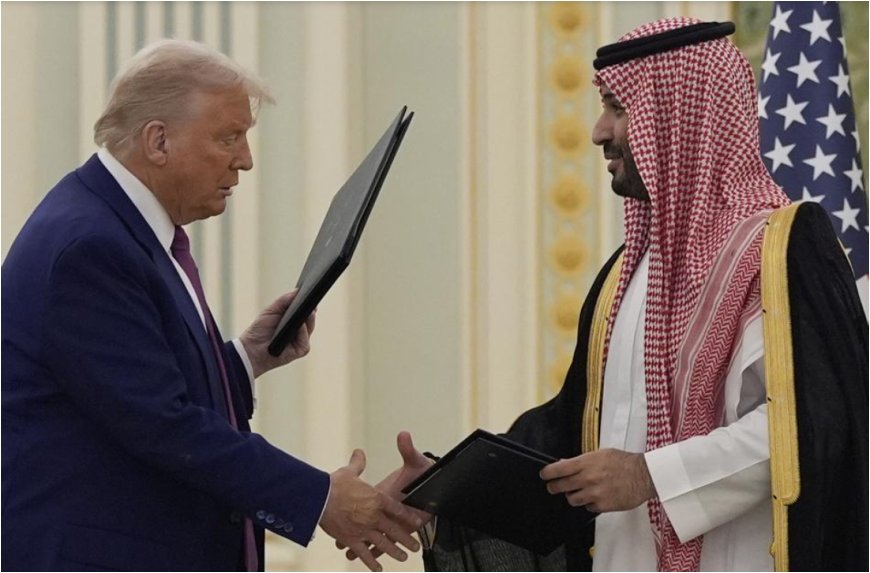
President Donald Trump received an elaborate and ceremonious welcome in Riyadh as he embarked on a key diplomatic visit aimed at reinforcing the longstanding strategic alliance between the United States and Saudi Arabia.
In a high-profile engagement with Crown Prince Mohammed bin Salman, both leaders oversaw the signing of a monumental \$142 billion arms deal, which includes a wide-ranging framework for defense collaboration, energy development, and the future of space exploration. The agreement is being hailed by both sides as a milestone in bilateral relations, reaffirming mutual commitments to regional security and shared economic goals.
The arms deal, among the largest in the history of US-Saudi relations, encompasses advanced missile defense systems, surveillance technologies, military training programs, and cyber defense cooperation. It is intended to bolster Saudi Arabia’s defense capabilities in the face of evolving regional threats and reflects Washington’s continuing role as Riyadh’s primary security partner. The agreement is seen as a pivotal move to deter external aggression and address complex geopolitical dynamics, particularly amid tensions with Iran and shifting alliances in the Middle East.
Beyond defense, the partnership agreement has expanded into non-traditional sectors, highlighting both countries’ shared interest in transforming their economies and advancing technological cooperation. A notable aspect of the deal includes initiatives to deepen collaboration in energy innovation, especially in renewable sources such as hydrogen and solar, which are key components of Saudi Arabia’s Vision 2030 development strategy. The US, a global leader in energy technology, has expressed strong interest in supporting Saudi Arabia’s transition toward a diversified energy economy while maintaining stable petroleum cooperation.
Equally significant is the inclusion of space exploration initiatives. This represents a forward-looking dimension of the partnership, as both nations seek to expand their influence beyond Earth. Agreements have been signed to encourage joint ventures in satellite development, space research, and aerospace engineering. The move not only underscores the growing importance of space diplomacy but also highlights Saudi Arabia’s ambition to become a regional hub for space science and technology.
During the visit, President Trump praised Saudi Arabia’s reform efforts and emphasized the importance of the US-Saudi alliance in securing global economic stability and fighting extremism. He described the partnership as vital to promoting peace and prosperity in the region, while also creating thousands of jobs and economic opportunities in both countries. Crown Prince Mohammed bin Salman, in turn, expressed appreciation for the US’s enduring support and reiterated the Kingdom’s commitment to modernization, economic diversification, and multilateral cooperation.
The visit also featured a series of bilateral meetings and cultural events, showcasing the symbolic and strategic weight of the trip. Delegations from both countries engaged in detailed discussions on intelligence sharing, anti-terrorism strategies, infrastructure investment, and technology transfer. Particular attention was given to youth innovation, education, and women's empowerment—key themes in Saudi Arabia’s reform agenda.
The broader impact of the deal is expected to ripple across the Middle East. With the US reaffirming its security umbrella over key Gulf allies and investing in the region’s technological transformation, the partnership sets a precedent for balancing military readiness with economic modernization. It also sends a signal to rival powers that the US remains deeply engaged in the strategic calculus of the Gulf.
The timing of the agreement reflects a mutual recognition of changing global priorities. For the US, deepening alliances in the Middle East remains crucial despite a pivot toward Asia and domestic challenges. For Saudi Arabia, securing partnerships with technologically advanced nations like the US is essential to achieving long-term national goals and asserting its influence in the 21st-century geopolitical arena.
As both leaders concluded their talks, the tone was one of optimism and forward motion. The new strategic framework not only strengthens the military and political alignment between Washington and Riyadh but also lays the groundwork for a broader, multidimensional alliance focused on sustainable development, innovation, and global leadership.
What's Your Reaction?









